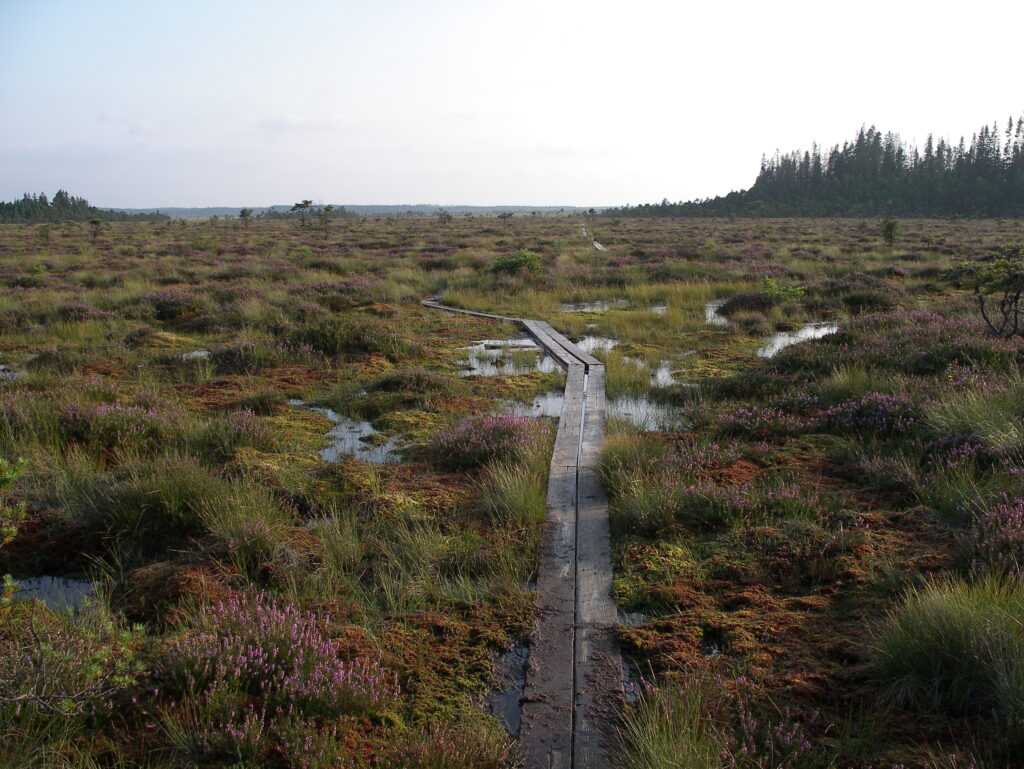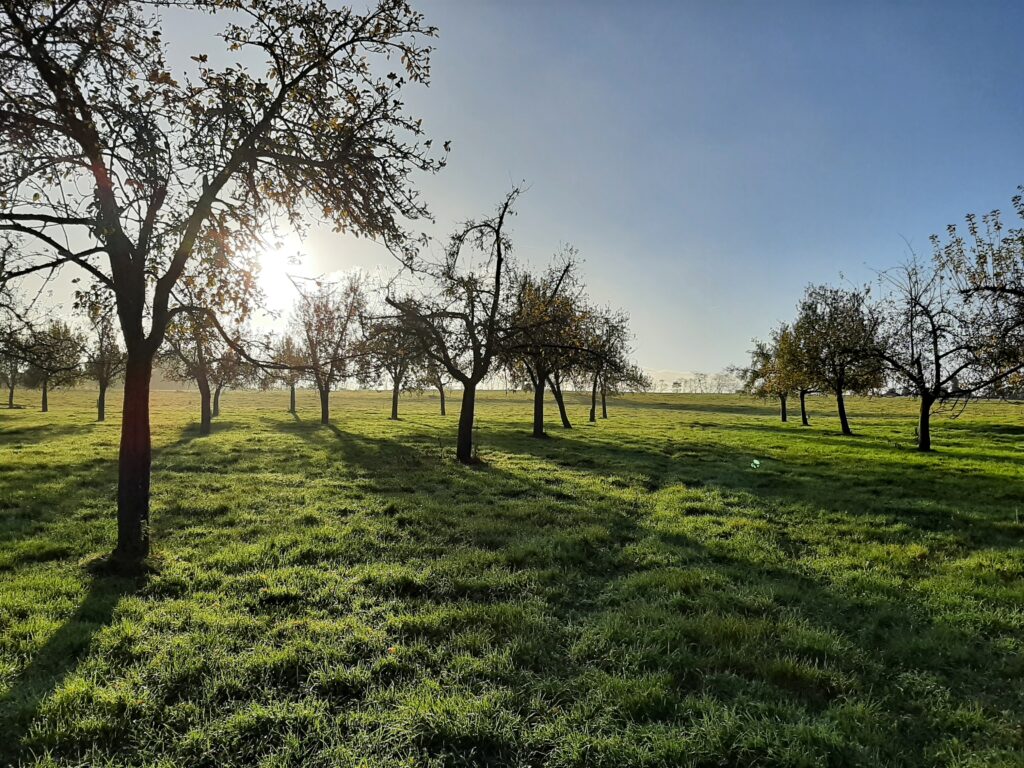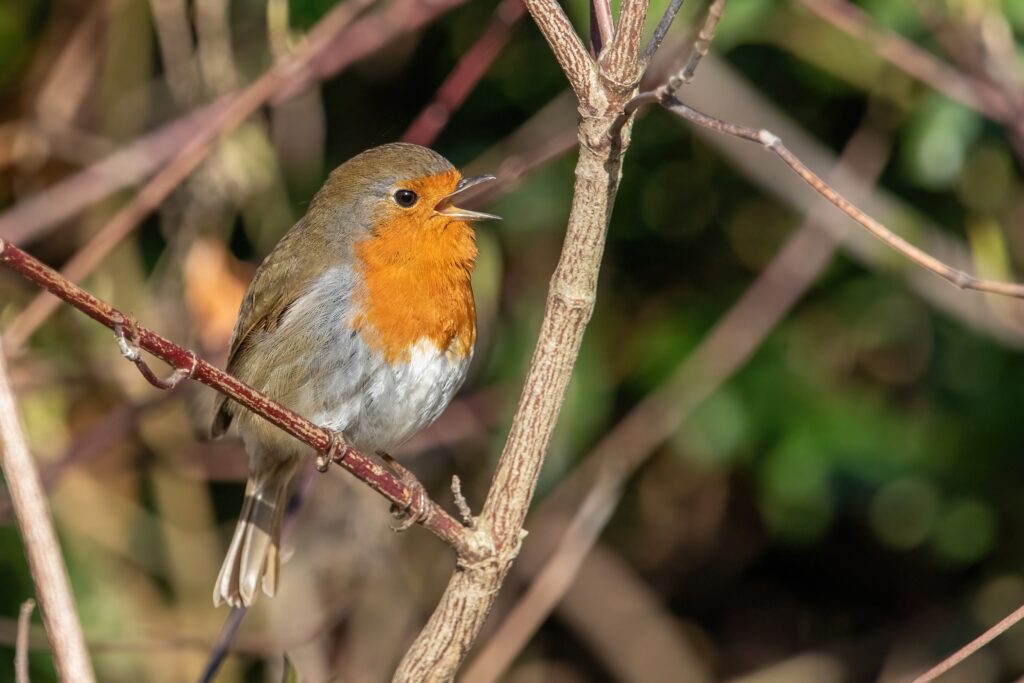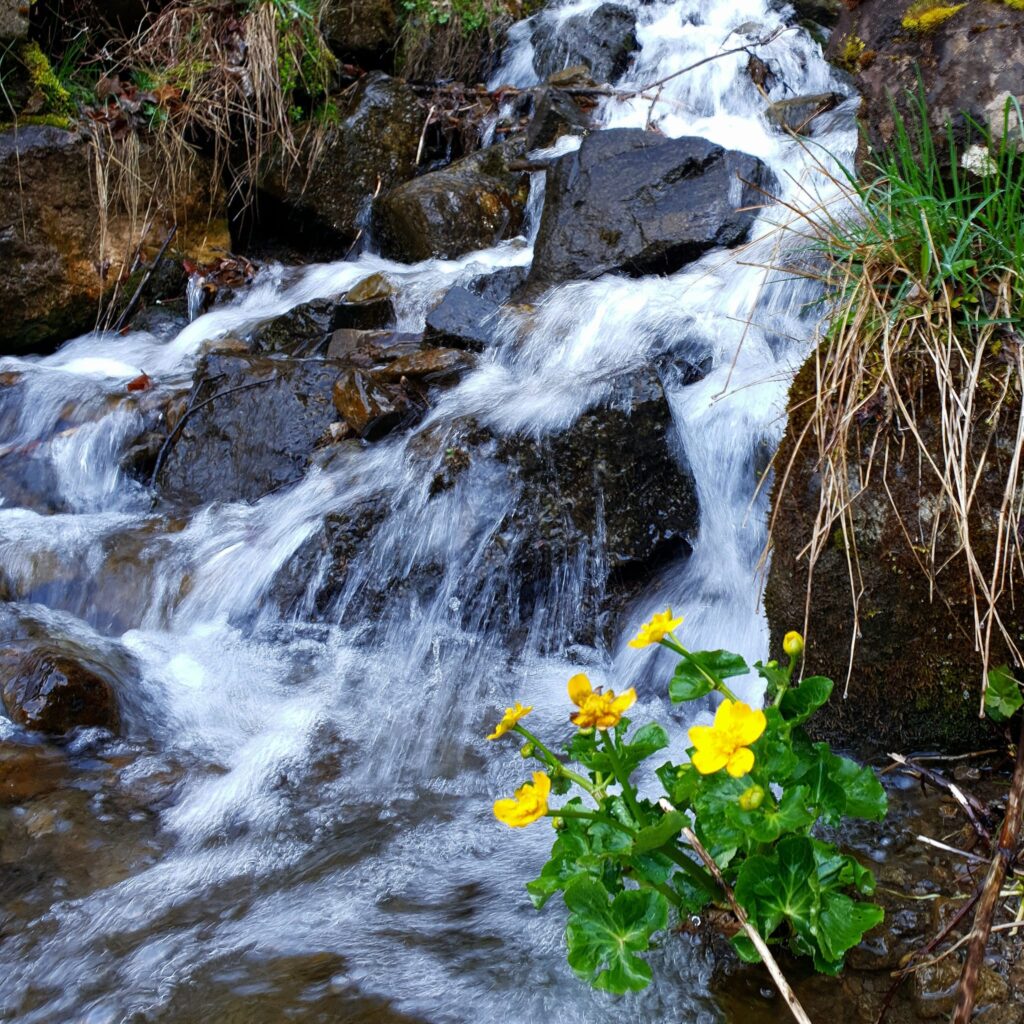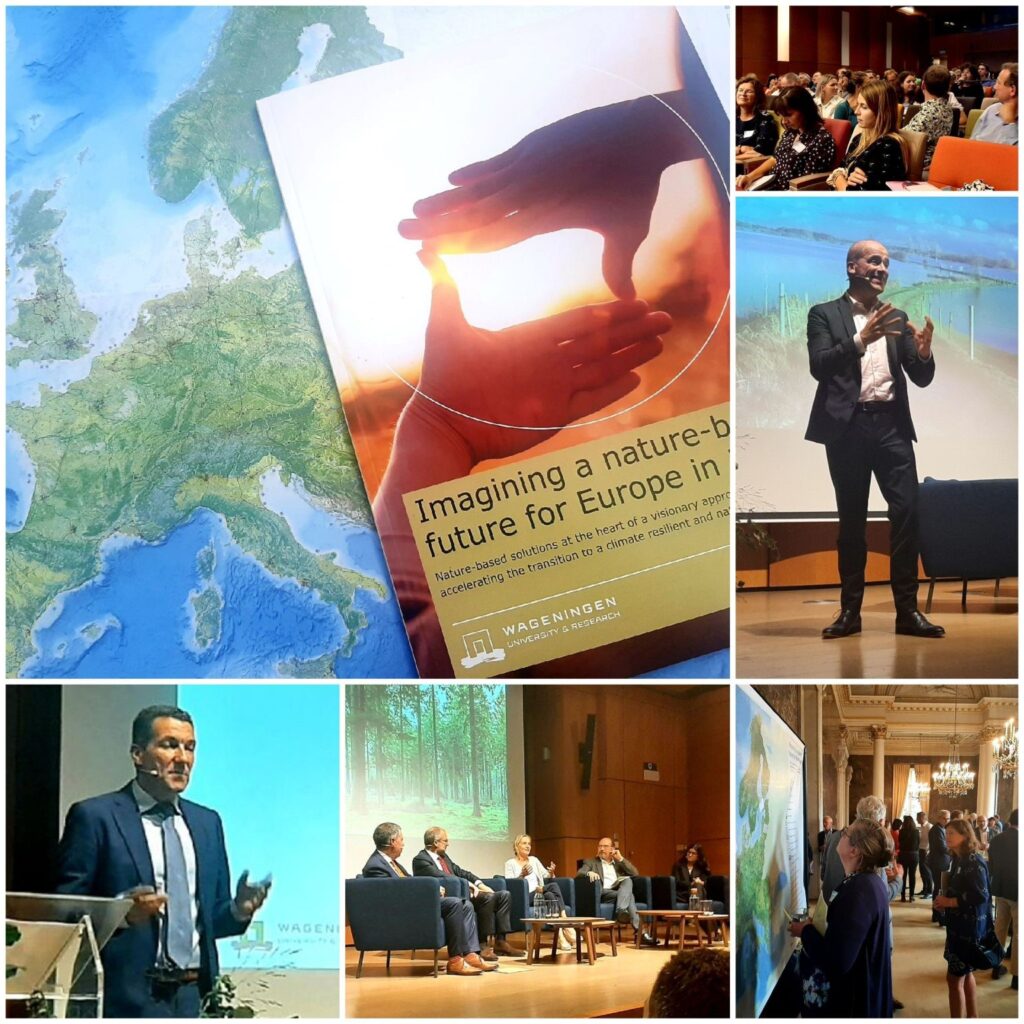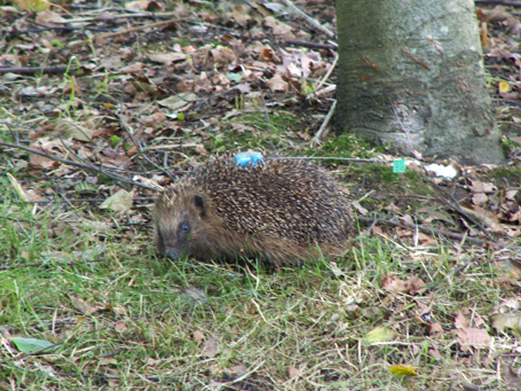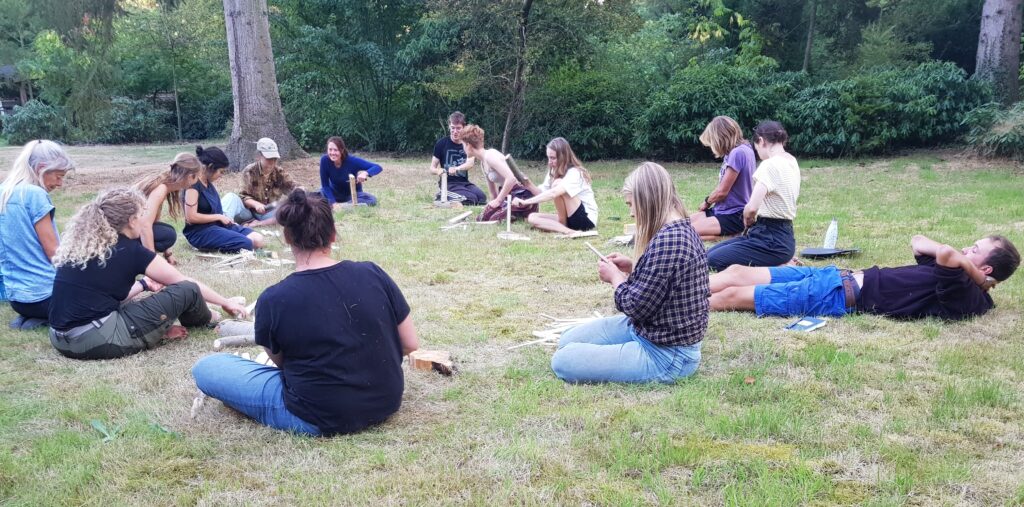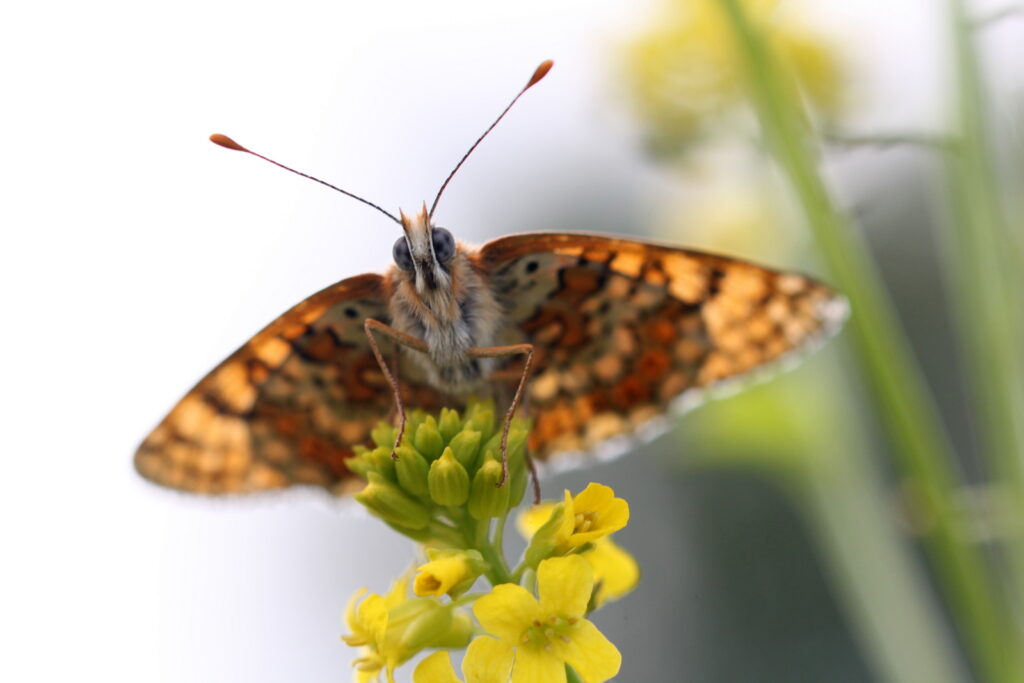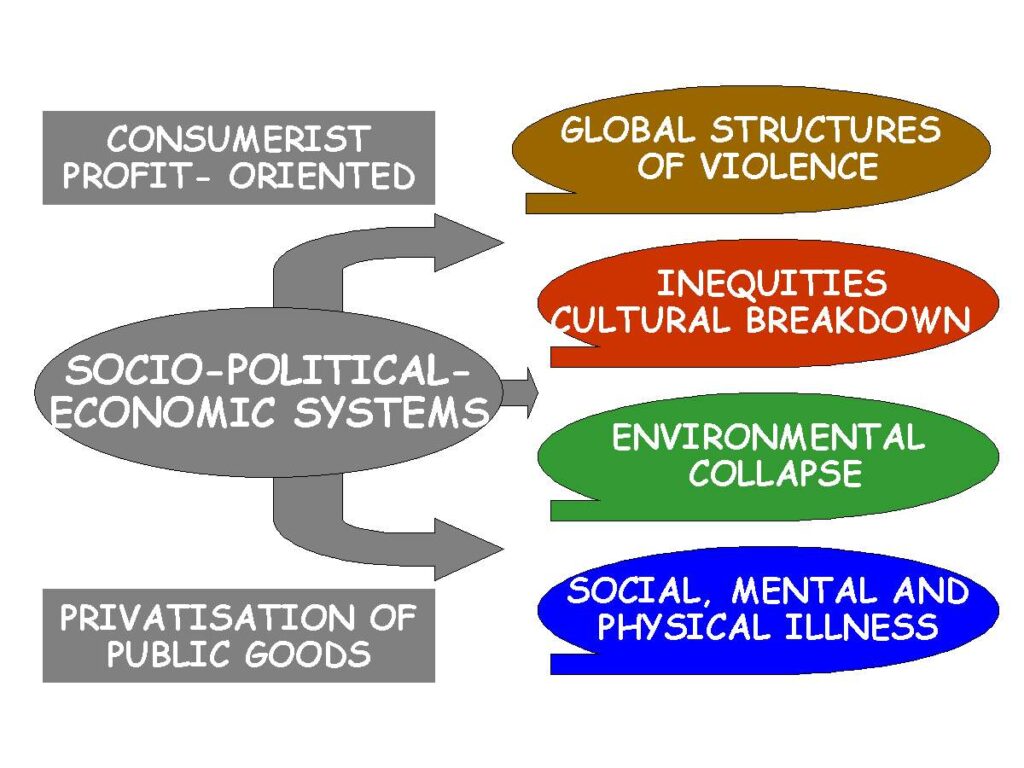Peatlands: our natural allies in the fight against climate change
Spring, to us, always indicates the start of a new sampling campaign to the Store Mosse National Park, the largest expanse of peatlands in Southern Sweden. Over a decade we run a plant ecological experiment in this fantastic peatland complex. The Store Mosse NP with its beauty and variety in ecosystems also illustrates what we […]
Peatlands: our natural allies in the fight against climate change Read More »
